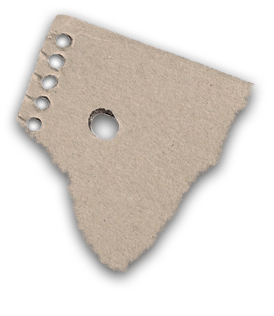

| sweet: | 1.3 |
I caught the last of a great caravan of clouds. City night. Sky like the inside of a skillet and bright as ghosts, they crossed—not slowly but unhurried—as if remembering the way by feel, the way you might touch the wall of a dark hall at a friend’s house late, moving toward the back porch where you heard the June-bugs unbuttoning their brass jackets. September. September: another good summer gone and me another season older with these streets wet from a small storm that woke me to see silver clouds drawn along the sky. But before that I had been dreaming: a box of bottles on the back seat of a car, sunlight sassing the windshield. A hitchhiker wearing the bluest baseball cap you ever saw. I guess I had been driving, and somehow money was involved, but neither of us knew how much. We knew the police were hiding in the church. “But look how it is,” he said, —“the road, I mean, and wide,” and the wind stuttered in the spidery weeds while the asphalt stirred like a dark sheet under which someone sleeping had turned over and then, it was a river much wider than a road, with the air barely brushing the trees the way you might touch the hair of someone you loved once, stumbling into her beneath the marquee after a movie. It was hard smiling the brief embrace, seeing her walk away, because her walk was the reason you had tried to meet her five Junes ago— her smiling voice, the almost sleepy grace in her gait: you remember scolding your heart for wanting again: you already believed she would pass through your life— which she did—like the good season of a late hour, like a brightness opening the dark by feel, the way a blind-folded boy looks for his friends in his unlit basement: the quiet so thick he begins to think they are gone completely. And they are: having one by one slipped out the back door where, after some giggles, they catch the sunset burning brass into their blue jackets and decide to just go home while he traces the walls, the dusty sofa, the smooth plank of the ironing board, not knowing his hands would eventually find the differences between what moves, what stays, and what was never really there at all.


| sweet: | 1.3 |
Traffic: loneliness, the city— walking around. So many of us lost in it. Is love the secret nobody tells? In a small park daylight pulled its knife and a tree moved toward me: What are you doing here? I remembered then: I lit my heart which had gone out
| ...return to Table of Contents |


He is a former National Endowment for the Arts fellow and has been a writing fellow at the Provincetown Fine Arts Work Center in Massachusetts. Seibles also received an Open Voice Award from the 63rd Street Y in New York City. His work has been featured in anthologies such as Manthology, Rainbow Darkness, Evensong, The Autumn House Anthology, and Under the Rock Umbrella. He has been a workshop leader for Cave Canem and for the Zora Neale Hurston/Richard Wright Foundation. Tim is visiting faculty for the University of Southern Maine’s low-residential Stonecoast MFA Program. His home is in Norfolk, Virginia where, as an associate professor of English, he teaches in Old Dominion University's English Department and MFA in writing program.
